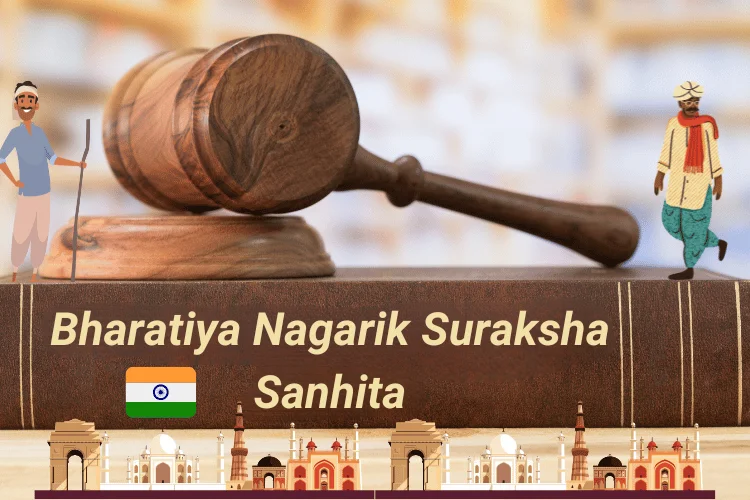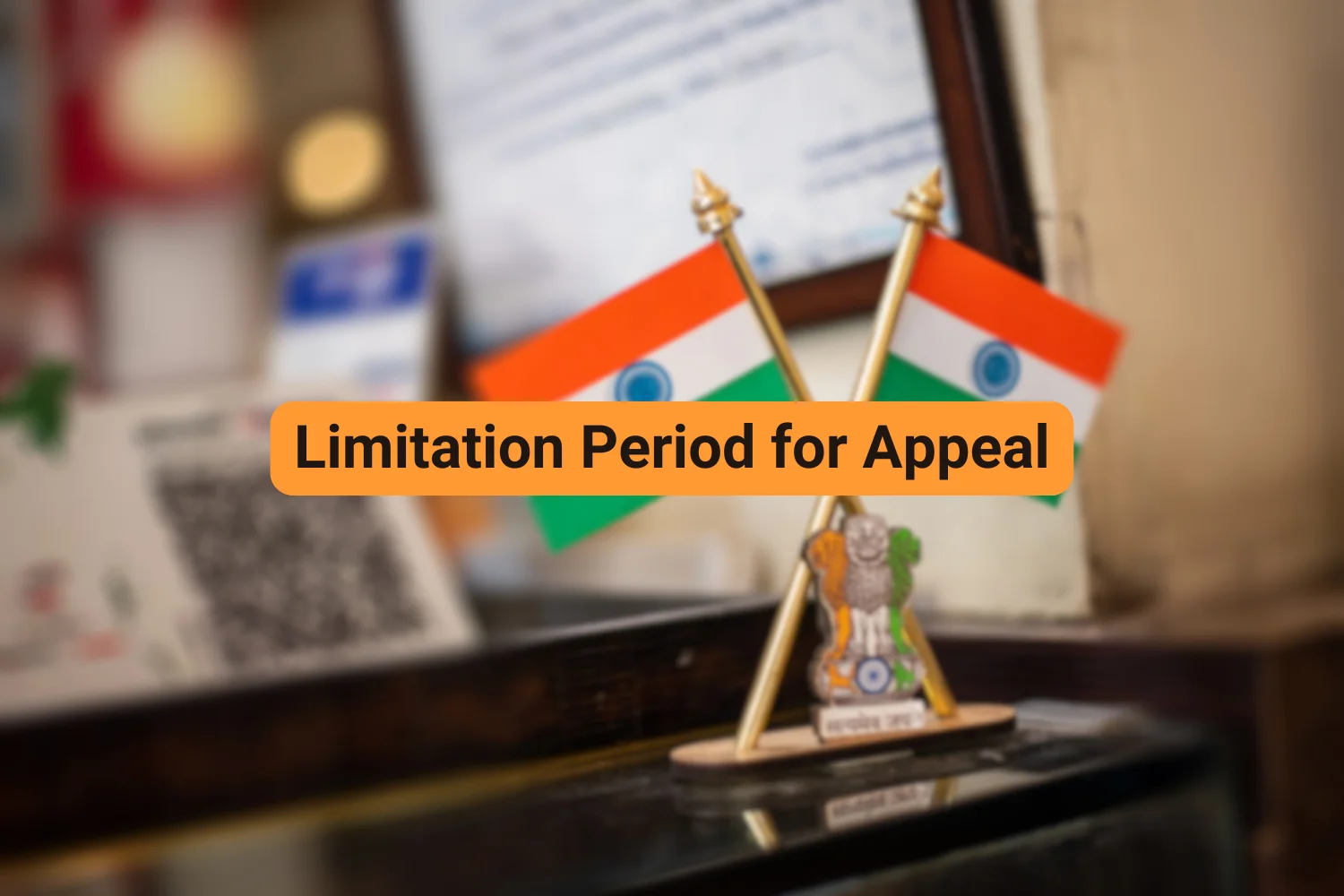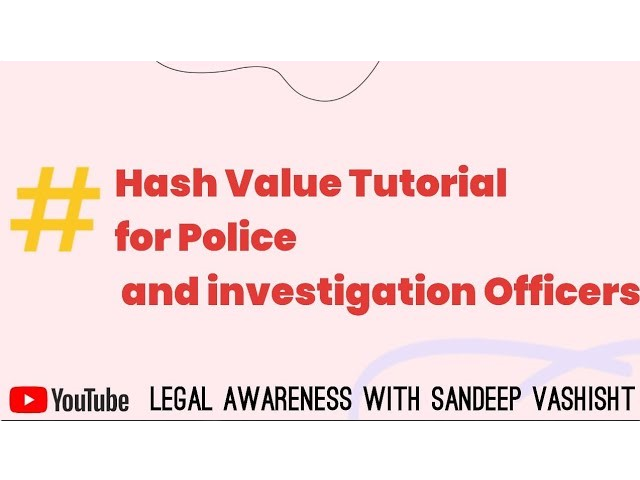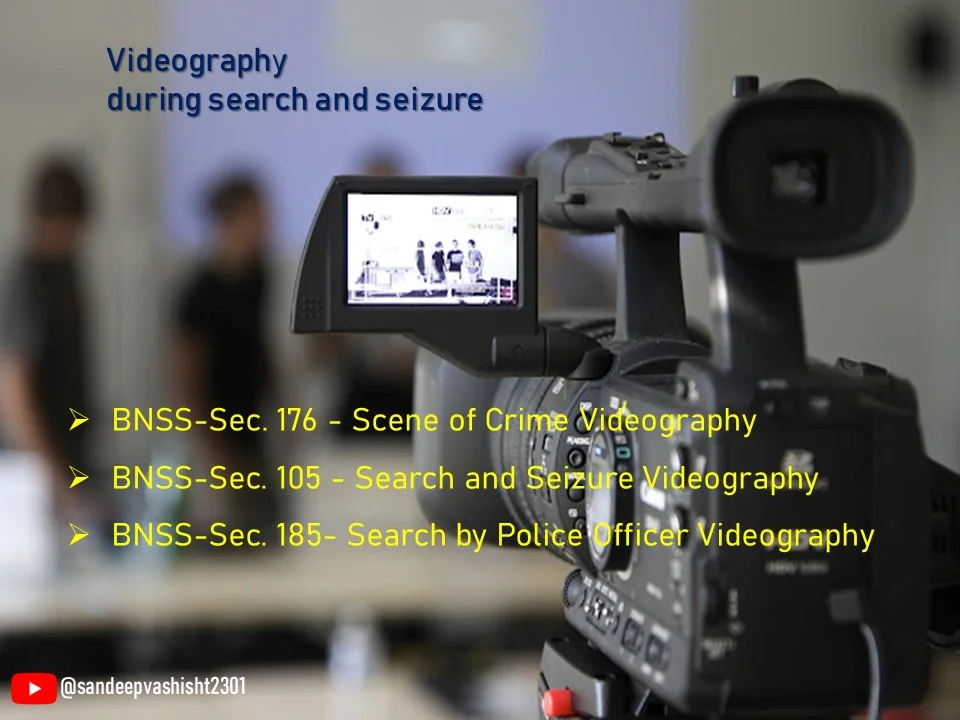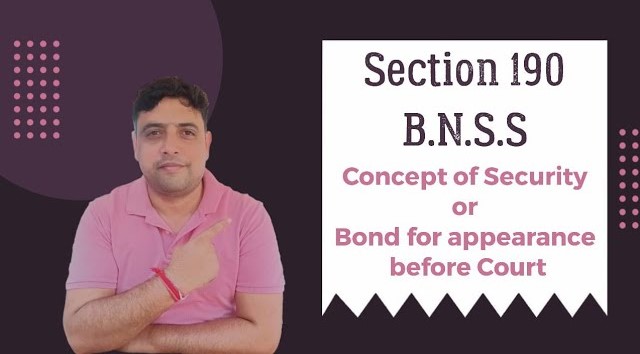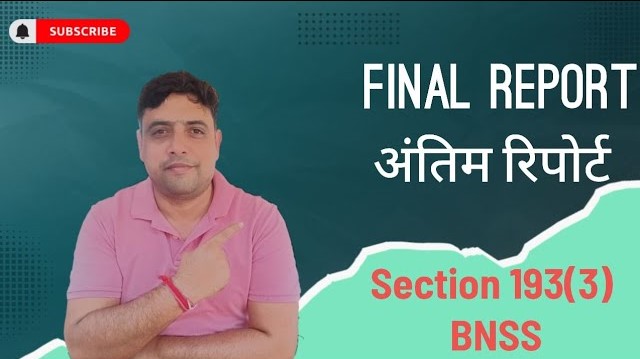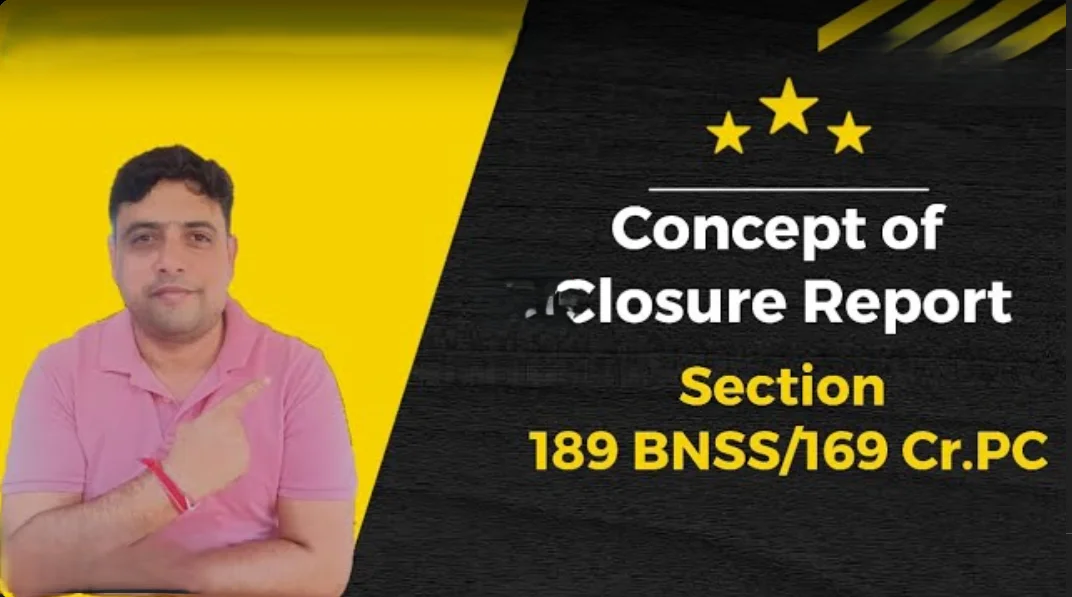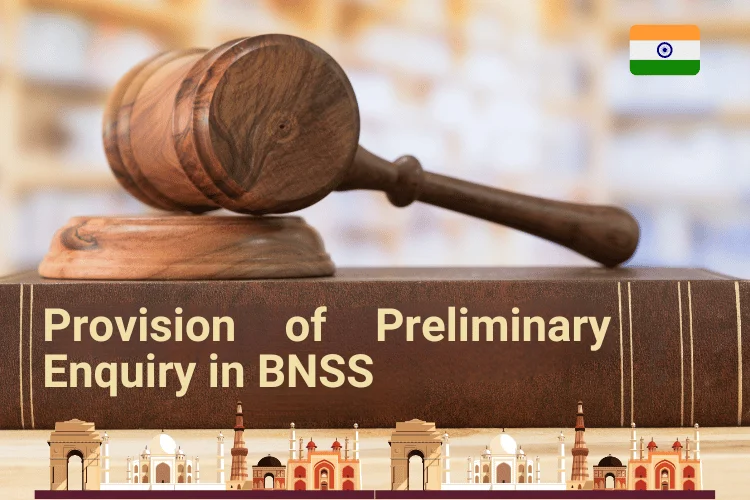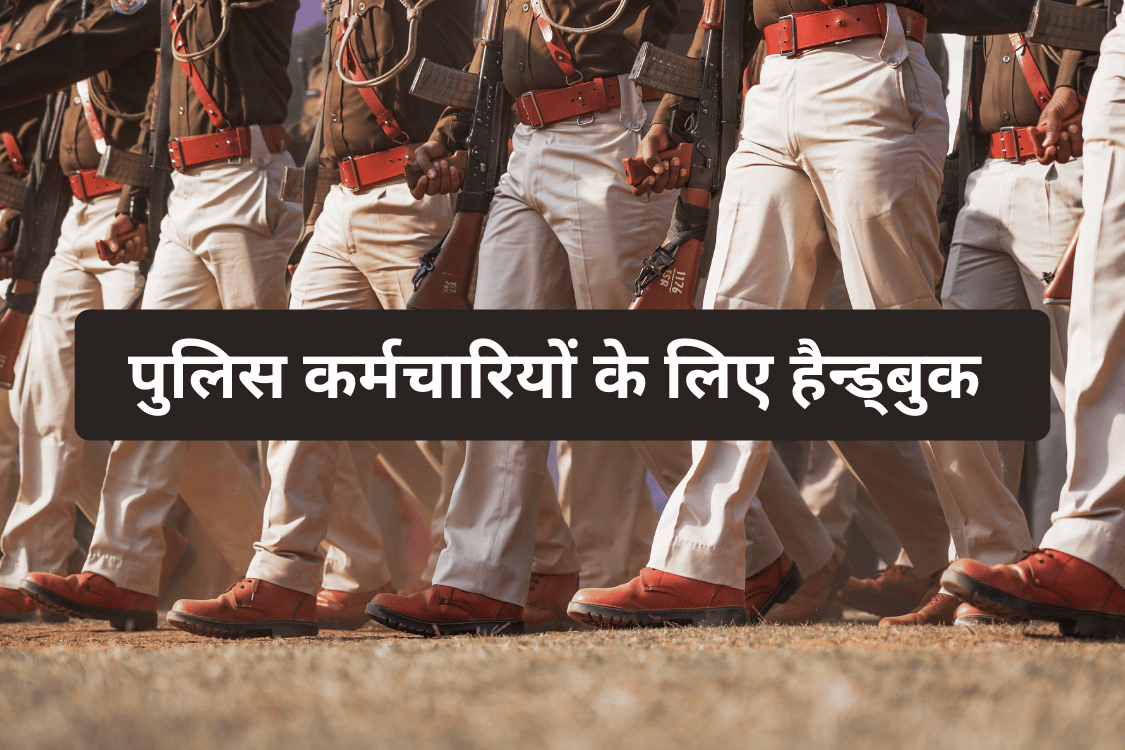|
Section 187
(1) Extension of Custody Beyond 24 Hours:
- When a person is arrested and detained, and the investigation can't be completed within 24 hours as fixed by section 58 of this Sahinta, and there are good reasons to believe the accusation is true, the police officer in charge (or an officer above the rank of sub-inspector) must:
- Send a copy of the case diary entries to the nearest Magistrate (Also DD entries and Arrest Memo, Medical Examination under section 53 BNSS)
- Send the accused to the Magistrate(Production of accused must be physically)
This is required if there are valid grounds to believe the accusation is well-founded. Police Remand can be sought even after the initial 15 days.
(2) The Magistrate to whom an accused person is sent under this section can, regardless of whether they have the authority to try the case, do the following:
- Consider if the person has not been released on bail or if their bail has been cancelled.
- Authorize the detention of the accused in Police custody for up to fifteen days at a time, as the Magistrate sees fit,
(3) Remand of accused can be sought under BNSS even after 15 days. Sectionn 167(2) of earlier act CrPc has been changed here-
- within first 40 days of arrest in cases where the offence is punishable with less than10 years imprisonment.
- within first 60 days of arrest in cases where the offence is punishable for more than 10 years imprisonment.
Note: Under CrPC the Police Remand of accused could be sought only during the initial 15 days after arrest.
- If the Magistrate does not have the authority to try the case or commit it for trial and finds further detention unnecessary, they can order the accused to be sent to a Magistrate who does have such authority.
(4) Magistrate's Requirements for Detention
A Magistrate can only authorize police custody detention if:
- The accused is physically present in court for the first time and every time afterwards, until they are no longer in police custody.
- However, the Magistrate can extend judicial custody detention even if the accused appears via audio-video conferencing, not just in person.
This ensures the accused's physical presence in court for initial police custody and allows for virtual appearances for subsequent judicial custody extensions.
(5) Limits on Magistrate's Powers
- A second-class Magistrate cannot authorize police custody detention unless specially empowered by the High Court.
Explanations:
- Even after the specified time limit, the accused will remain in custody until they furnish bail.
- To prove the accused was produced in court, their signature on the detention order or the Magistrate's certification of audio-video production suffices.
Special Provisions
- If the accused person is a female under the age of 18, the detention shall be authorized in a:
§ Remand home
§ Recognized social institution
Instead of police custody or judicial custody, minors (female under 18) will be detained in a specialized facility designed for their care and rehabilitation.
- Detention can only be in a police station (police custody), prison (judicial custody), or a place declared a prison by the Central or State Government.
|





